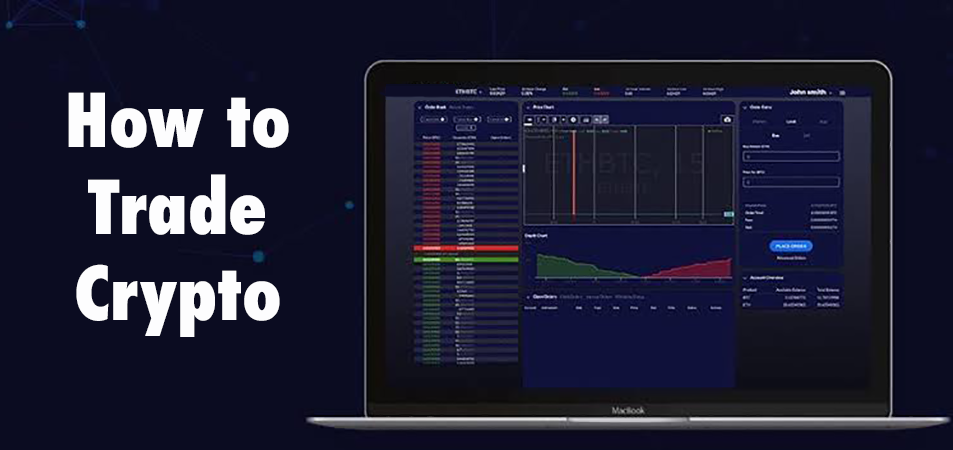Welcome to
On Feet Nation
Members
Blog Posts
Top Content
Cryptocurrency Trading - Td Ameritrade
Cryptocurrency trading is the act of hypothesizing on cryptocurrency cost movements through a CFD trading account, or purchasing and offering the underlying coins through an exchange. CFDs trading are derivatives, which allow you to speculate on cryptocurrency cost movements without taking ownership of the underlying coins. You can go long (' purchase') if you believe a cryptocurrency will rise in value, or brief (' sell') if you believe it will fall.
Your earnings or loss are still determined according to the full size of your position, so leverage will amplify both revenues and losses. When you buy cryptocurrencies through an exchange, you buy the coins themselves. You'll need to produce an exchange account, put up the full worth of the asset to open a position, and save the cryptocurrency tokens in your own wallet until you're prepared to sell.
Many exchanges likewise have limitations on just how much you can transfer, while accounts can be very pricey to maintain. Cryptocurrency markets are decentralised, which suggests they are not released or backed by a central authority such as a government. Rather, they stumble upon a network of computers. Nevertheless, cryptocurrencies can be purchased and offered through exchanges and kept in 'wallets'.
 How to Trade Cryptocurrency? A Complete ...truemors.com
How to Trade Cryptocurrency? A Complete ...truemors.com
When a user desires to send out cryptocurrency units to another user, they send it to that user's digital wallet. The deal isn't considered final up until it has actually been validated and contributed to the blockchain through a process called mining. This is also how new cryptocurrency tokens are normally developed. A blockchain is a shared digital register of tape-recorded data.
To select the very best exchange for your needs, it is crucial to fully understand the types of exchanges. The very first and most typical type of exchange is the central exchange. Popular exchanges that fall into this classification are Coinbase, Binance, Kraken, and Gemini. These exchanges are private business that offer platforms to trade cryptocurrency.
The exchanges noted above all have active trading, high volumes, and liquidity. That said, centralized exchanges are not in line with the approach of Bitcoin. They run on their own personal servers which https://tfsites.blob.core.windows.net/howtodaytradecrypto/index.html produces a vector of attack. If the servers of the company were to be jeopardized, the entire system could be shut down for some time.
The bigger, more popular centralized exchanges are without a doubt the most convenient on-ramp for brand-new users and they even provide some level of insurance coverage Teeka Tiwari should their systems fail. While Home page this is real, when cryptocurrency is purchased on these exchanges it is kept within their custodial wallets and not in your own wallet that you own the keys to.
Must your computer and your Coinbase account, for example, end up being compromised, your funds would be lost and you would not likely have the capability to claim insurance. This is why it is essential to withdraw any large amounts and practice safe storage. Decentralized exchanges work in the same way that Bitcoin does.
Rather, consider it as a server, except that each computer system within the server is expanded throughout the world and each computer system that makes up one part of that server is controlled by an individual. If among these computer systems shuts off, Check over here it has no result on the network as a whole since there are a lot of other computer systems that will continue running the network.
© 2024 Created by PH the vintage.
Powered by
![]()
You need to be a member of On Feet Nation to add comments!
Join On Feet Nation